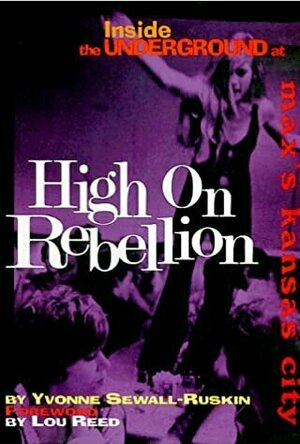
High on Rebellion: Inside the Underground at Max's Kansas City
Book
Max's Kansas City, an all-in-one restaurant-bar-nightclub, opened its doors in December 1965 at 213...
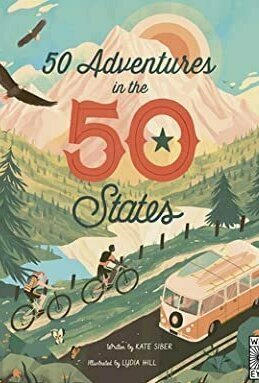
50 Adventures in the 50 States
Book
Be brave and set your spirit free on an exciting journey across the U.S. of A, taking in 50...

The Conscience of the Folk Revival: The Writings of Israel 'Izzy' Young
Book
Israel G. “Izzy” Young was the proprietor of the Folklore Center in Greenwich Village from the...
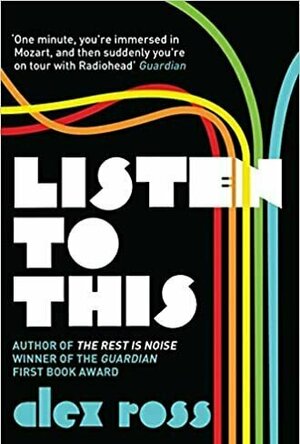
Listen to This
Book
Includes a new chapter on John Cage. Alex Ross’s award-winning international best-seller,...
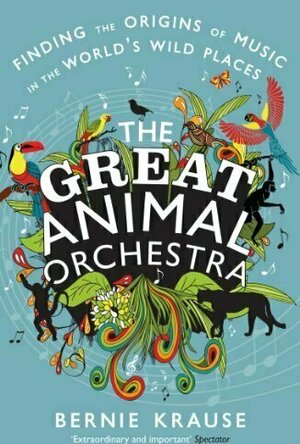
The Great Animal Orchestra: Finding the Origins of Music in the World’s Wild Places
Book
Bernie Krause is the world's leading expert in natural sound. Beginning by recording the sound of...
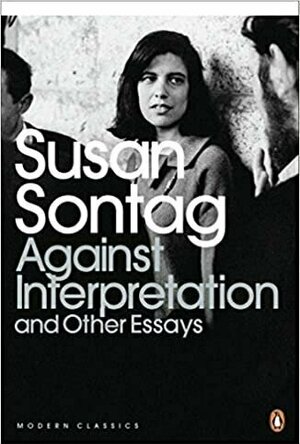
Against Interpretation
Book
A series of provocative discussions on everything from individual authors to contemporary religious...
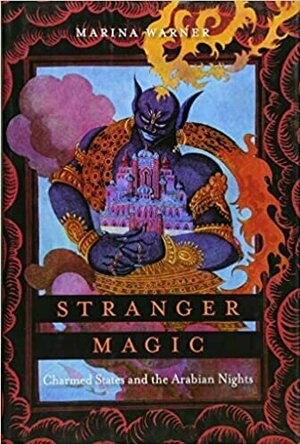
Stranger Magic
Book
Our foremost theorist of myth, fairytales, and folktales explores the magical realm of the...
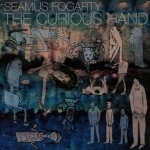
The Curious Hand by Seamus Fogarty
Album
Originally from County Mayo on the west coast of Ireland, Fogarty now resides in London, and the...
dance pop folk

Sail Fiji Guide: West & Central
Navigation and Travel
App
This interactive Cruising Guide is designed to optimize the experience of cruisers – under sail or...
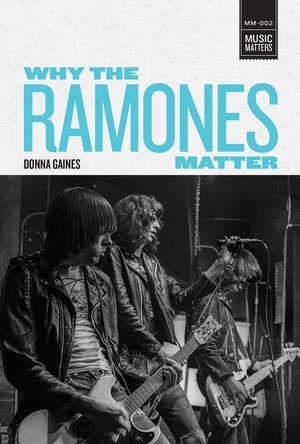
Why the Ramones Matter
Book
via Edelweiss "Hey Ho, Let’s Go! A musical, cultural, historical argument for the centrality of...
Music criticism music history punk rock punk